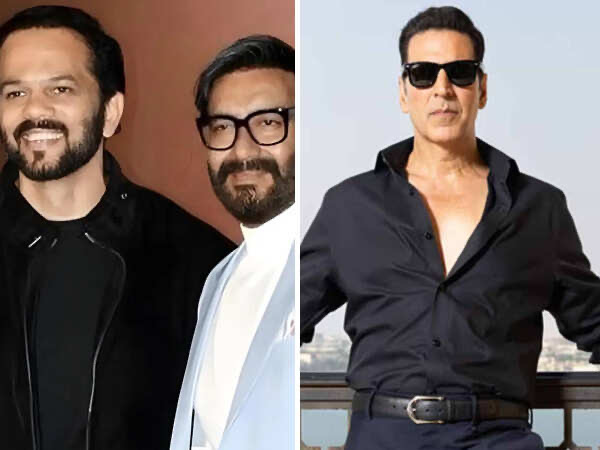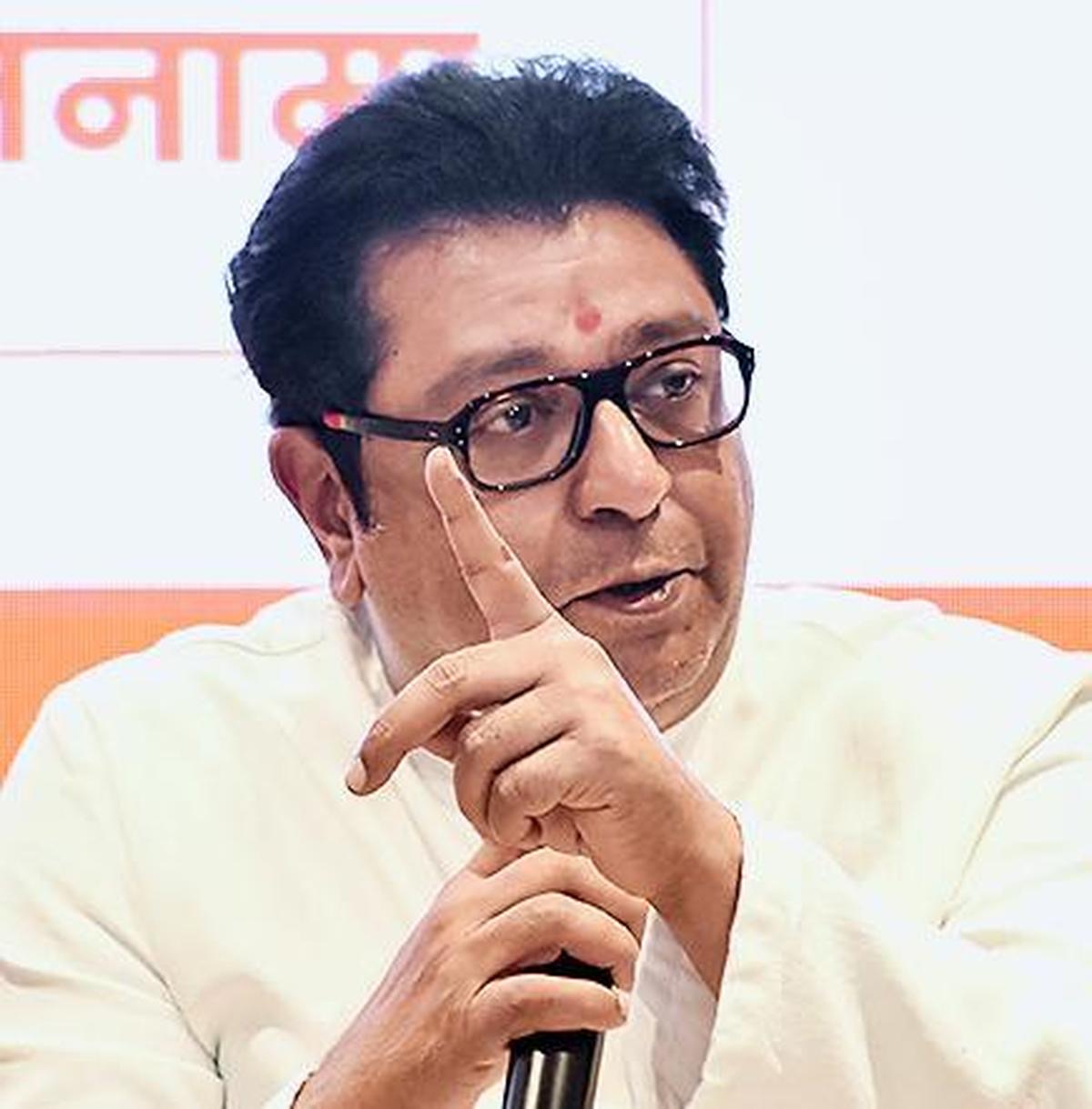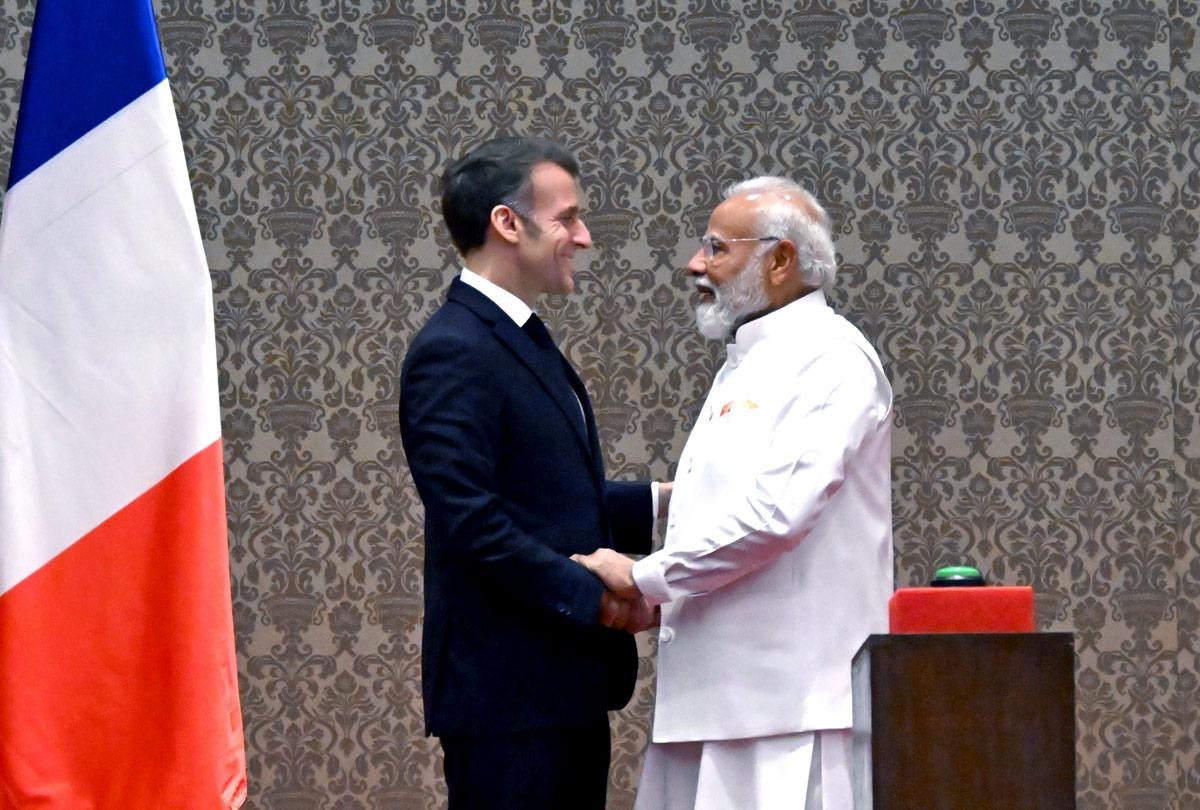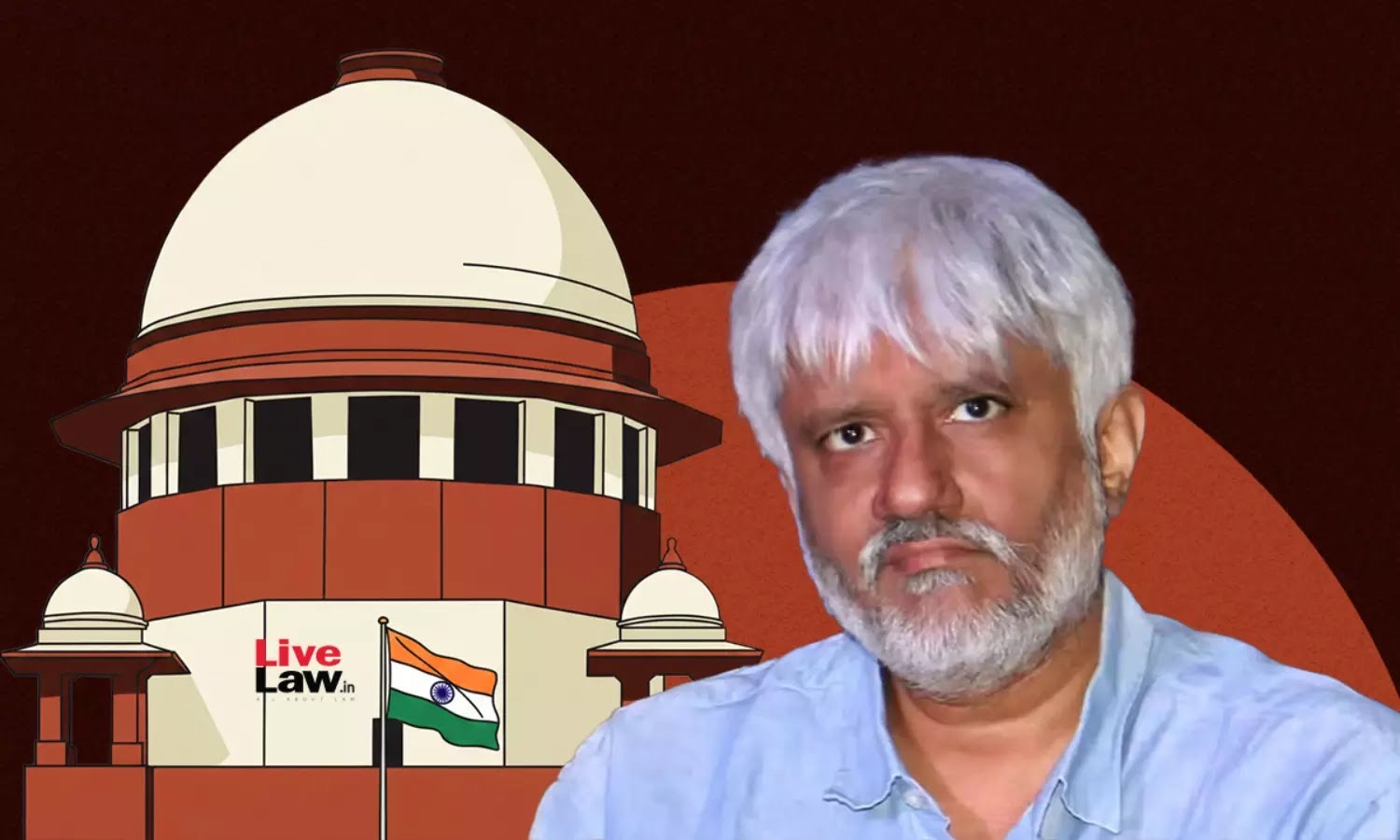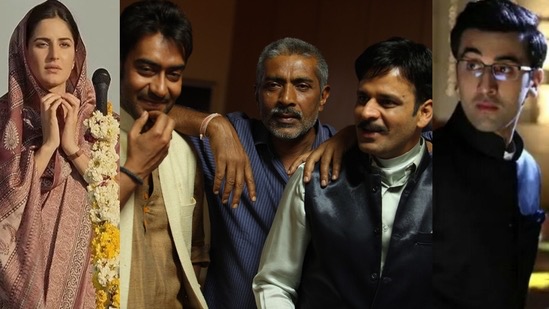Raajneeti clocks 15 years- Prakash Jha opens up on the film
In a recent Media interaction, Raajneeti director Prakash Jha and screenwriter Anjum Rajabali opened about the film having clocked 15 years, its cast, and influences of the Mahabharata.
Plans may have been afoot for actor-turned Aamir Khan to make a film series on the Mahabharata. But, he then hang up his boots. However, filmmaker Prakash Jha and screenwriter Anjum Rajabali did that 15 years ago. Their 2010 political drama Raajneeti was a modern adaptation of the epic, yet they maintain it never started off as that.
Unlike his 2003 released Gangaajal or 2004 released Apaharan, Raajneeti didn’t happen after witnessing a specific incident. It was a broader socio-political drama based on reality, but resonating with the Mahabharata. The characters are all the same everywhere, as they were back in the epic. Adding that there is something for everybody — drama, crisis, highs, lows — everything you can think of about human existence, it’s all there capsuled in the Mahabharata. So every Indian creator keeps drawing from it.
Continuing he stressed that they didn’t start out by wanting to adapt the Mahabharata, but, just allowed it to enter their script. It’s a sprawling epic. But you’re not writing an epic, you’re writing a screenplay,” Rajabali points out. After serving as a script consultant on Jha’s last two films, he was approached by the director to co-write a film on electoral politics. Prakash Jha
wasn’t interested in that.
Nevertheless, he proposed to Jha that the filmmaker visits him every evening from
7:30 pm to 10 pm. They’d brainstorm over “two shots of vodka” for seven days, in the middle of which Rajabali recalled they began veering towards the Mahabharata. The idea of power conflict and cousins competing with other brought them closer to the broad strokes of the epic.
Prakash Jha with the cast of Raajneeti.
But Rajabali was dead sure he didn’t want Karna to be the hero, much to the surprise of Jha. “Karna has the usual characteristics of a hero: he’s the underdog who comes up fighting against injustice. But he told Prakash you must not look at only as destiny, but also in terms of the choices he made. He wholeheartedly went with Duryodhana, knowing fully well he’s an evil guy. That lends the story a dystopian end — who do we side with, because they’re all evil,” reasons Rajabali.
Prakash said Arjuna is a boring character, who’s a good family member and a good warrior. But he brought his attention to Arjuna’s arc — he doesn’t want to enter the war, but Krishna gives him the perspective on why he should fight for a cause. Then their dark deeds begin to surface. So Rajabali asked Prakash, ‘What if Arjuna begins to revel in that?’ Because he’s suddenly a demon who has been unleashed.
The Arjuna of Raajneeti Samar Pratap Singh is the proverbial outsider. The youngest son who comes back from his school abroad for a few days, only to get caged in the politics of his family and that of the state. “His father is killed, brother is jailed, so he has to enter politics out of anger. Then the guy who’s researching Victorian poetry begins to do one dark deed after another. If you notice, even the topic of his research has to do with violence in the 18th century. So there’s a fascination with violence, which was already coming out via academics,” underlines Rajabali.
He recalls the time when he got a call from Jha who said they’ve found their Arjuna: Ranbir Kapoor. “Who, Rishi Kapoor’s That’s how he knew of him,” says Rajabali, reminding that Ranbir’s debut film, Sanjay Leela Bhansali’s Saawariya hadn’t released then.
A few days after Jha began filming in Bhopal, Rajabali visited the set. Jha showed him the scene in which Ranbir is just sitting on a chair and looking at the television news of his father’s death and brother’s arrest. The camera goes from right to left on his face. “That boy was speaking volumes with his silence. There was no prep. He’s an intuitive actor, a complete natural. He was completely convinced. Ranbir had very few lines, but boy, did he leave an impact! He’s the best actor we’ve had in more than a decade now,” says Rajabali.
If Ranbir was a revelation, Katrina Kaif wasn’t far behind. They couldn’t pick Draupadi’s angle as it is because the fight between husbands for her and all that jazz doesn’t quite work today. But it stayed with me after reading the epic that Draupadi loved Arjuna, but he was too focused on ambition. So there was an unrequited love,” recalls Rajabali, who again was concerned if Kaif would be able to pull off the Hindi heartland dialogues with the right accent. “Once again, Prakash was convinced she’d deliver,” he adds.
“Katrina is a very hardworking actor. She worked with so much dedication. She learnt her lines for 30-40 days so she could deliver them confidently,” Jha recalls. Rajabali did find issues with her accent during the filming, but changed his mind during the dubbing sessions. “The amount of effort that the girl put in… she managed to deliver word to word in near-perfect diction,” says Rajabali.
It’s been 15 years, the party in power has changed, so it makes sense for us to pose the question to Rajabali: Was Katrina Kaif’s character inspired by Sonia Gandhi? He refuses, but sees the parallels. “There are various archetypal characters in life and in good literature and cinema. Rajiv Gandhi was the proverbial outsider. He didn’t want to join politics. But then he did, and he won. Then he gets killed. There’s a widow. Katrina looks half white. Rajabali wasn’t concerned, but anticipated such allegations.
He then reveals that as the Congress party got concerned closer to the film’s release, they inserted their representative in the Central Board of Film Certification. “This was an open secret. There was no contention with the film though, except one word. When two people at a chai shop are discussing election results, a laconic man, buried in the newspaper, says, ‘Le jaegi vidhwa sab samet kar.’ They objected to ‘vidhwa‘ because that might be confused with Sonia Gandhi. I didn’t agree with it, but Prakash said we’d have to remove it. So the word was changed to ‘bitiya,‘” says Rajabali.
Other changes in translating the Mahabharata to the world of Raajneeti included eliminating Nakul and Sahadeva because they’re quite similar, and choosing Arjun Rampal’s character Prithvi as Bhima over Yudhishthira. “Prakash recommended we take Bhima because there’s an innocence to him. He loves his family. He’s loud and uncouth, but there’s an endearing quality to him too. He’s gullible so can get tricked very soon, so you need to protect him,” says Rajabali.
Another change was to make their Krishna far more quieter than he’s in the epic. In fact, Nana Patekar is the only actor in the ensemble who doesn’t get a monologue. Even Naseeruddin Shah does, within a cameo. “He doesn’t pick up any weapons, but only operates on plotting. So that’s how I asked Nana Patekar to be in his body language,” says Jha. “He’s a thinking person, a strategist. He’d just process everything and come up with just one line that Samar catches up on. He’s the man to watch out for. He forces you to pay attention to him precisely because he doesn’t speak much. So you always wonder what he’s up to,” argues Rajabali.
He quotes the example of the scene in which Patekar’s character comes up with the perfect candidate to compete with Surya (Ajay Devgn’s character based on Karna). “It’s obvious he’s the natural choice to win in a Dalit constituency. Nana Patekar doesn’t say anything, but he just goes there and announces their candidate as Surya’s father. That’s a masterstroke,” points out Rajabali.
Jha recently admitted that he has the story for the sequel ready. “I have an idea with me. But we just haven’t gotten to it yet because other commitments keep coming up,” says the filmmaker, who’s been busy with his MXPlayer show Aashram, his next film Janadhish, and other projects as a producer.
News Edit KV Raman



